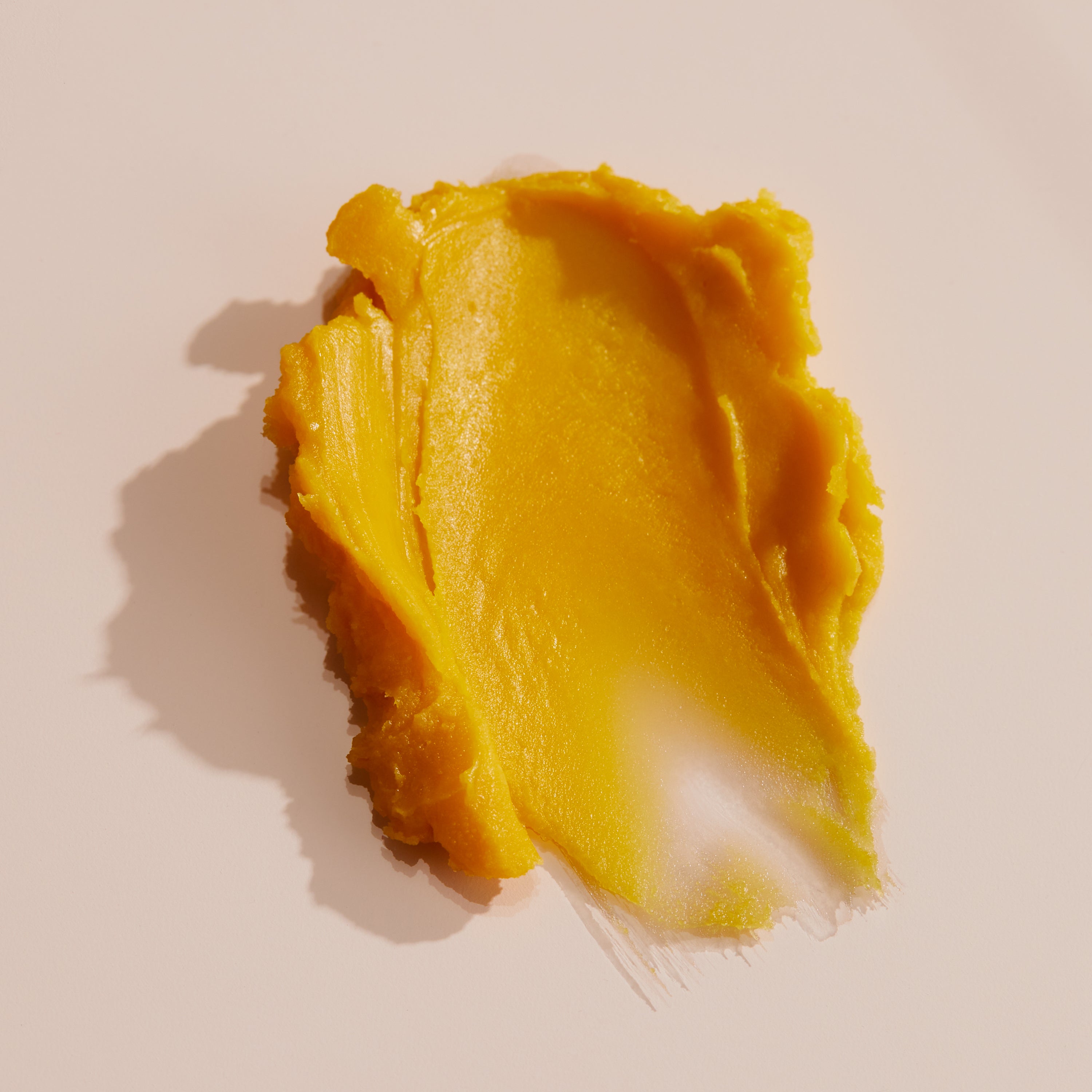
Acne, a common skin condition that affects individuals of all ages, can range from mild to severe, impacting self-esteem and overall well-being. Among the various forms of acne, cystic acne stands out due to its painful, deep-seated nature and potential to cause lasting scars. In this comprehensive blog post, we will explore what acne is, delve into the causes of both typical acne and the more severe cystic acne, and discuss effective treatments and prevention strategies for managing these skin challenges.
Cystic acne and regular acne, also known as non-cystic or common acne, are both skin conditions that involve the formation of pimples, blackheads, whiteheads, and other types of lesions on the skin. However, they differ in terms of severity, appearance, and underlying causes.
What is Acne?
Acne is a skin disorder that arises from the hair follicles and sebaceous glands. These structures are integral to the skin's oil production and the natural exfoliation of dead skin cells. When these processes are disrupted, it can lead to the formation of various types of lesions, including pimples, blackheads, whiteheads, and cysts.
"Acne can lead to the formation of various types of lesions, including pimples, blackheads, whiteheads, and cysts."
What Causes Acne?
To understand acne and its more severe form, cystic acne, one must recognize the interplay of multiple factors that contribute to their development:
1. Excess Sebum Production: Sebaceous glands produce sebum, an oily substance that lubricates the skin. Excessive sebum production, often triggered by hormonal changes, can lead to clogged pores.
2. Dead Skin Cells: The natural shedding of dead skin cells can become problematic when the cells accumulate and mix with sebum. This combination clogs pores, leading to acne lesions.
3. Bacterial Growth: Propionibacterium acnes (P. acnes) is a bacterium present on the skin's surface. It thrives in clogged pores, leading to inflammation and the development of acne.
4. Hormonal Fluctuations: Hormonal changes during puberty, menstruation, pregnancy, and stress can stimulate sebum production and worsen acne.
5. Diet and Lifestyle: Although research on the link between diet and acne is ongoing, certain dietary choices, such as high sugar intake, may contribute to acne development in some individuals.
What is Cystic Acne?
Cystic acne is a severe and painful form of acne characterized by large, inflamed cysts beneath the skin's surface. These cysts are often deep, tender to the touch, and can cause significant discomfort. Unlike milder forms of acne, cystic acne lesions are more likely to leave behind scars.
Causes of Cystic Acne
Cystic acne shares many underlying causes with typical acne but is often exacerbated by certain factors:
1. Hormonal Influence: Hormonal imbalances, particularly an increase in androgens (male hormones), can lead to heightened sebum production and the development of cystic acne. This is why cystic acne is often associated with puberty, menstrual cycles, and conditions like polycystic ovary syndrome (PCOS).
2. Genetics: Family history plays a role in determining an individual's predisposition to developing cystic acne. If your parents or siblings have experienced severe acne, you may be more susceptible.
3. Inflammation: Cystic acne is characterized by increased inflammation and a greater immune response compared to other types of acne. This heightened inflammatory reaction contributes to the formation of painful cysts.
4. Bacterial Involvement: P. acnes bacteria play a significant role in the development of cystic acne, causing inflammation and exacerbating the severity of the condition.
Cystic Acne Treatment
Treating cystic acne requires a comprehensive approach, often involving medical intervention:
1. Consult a Dermatologist: A dermatologist can assess the severity of your cystic acne and recommend appropriate treatment options.
2. Prescription Medications: Dermatologists may prescribe oral antibiotics, hormonal therapies, or isotretinoin (Accutane) to target the underlying causes of cystic acne.
3. Topical Treatments: Prescription-strength topical treatments containing retinoids, benzoyl peroxide, or salicylic acid can help reduce inflammation and unclog pores.
4. Intralesional Corticosteroid Injections: A dermatologist may inject corticosteroids directly into cysts to reduce inflammation and promote healing.
5. Isotretinoin (Accutane): Isotretinoin is a powerful medication reserved for severe cystic acne cases. It targets excessive sebum production and reduces the size of oil glands.
"Stress can trigger hormonal imbalances, contributing to cystic acne."
How to Get Rid of Cystic Acne and Prevent Future Breakouts
While treating cystic acne is essential, prevention is equally crucial to minimize future breakouts:
1. Gentle Cleansing: Cleanse your face with a mild, non-comedogenic cleanser twice a day to remove excess oil and impurities.
2. Hydration and Moisturization: Proper hydration and moisturization help maintain skin barrier function and prevent excessive dryness, which can exacerbate cystic acne.
3. Avoid Touching: Refrain from picking or squeezing cystic acne lesions, as this can worsen inflammation and increase the risk of scarring.
4. Diet and Lifestyle: While there's no one-size-fits-all diet for preventing cystic acne, a balanced diet rich in fruits, vegetables, lean proteins, and whole grains can support overall skin health.
5. Stress Management: Stress can trigger hormonal imbalances, contributing to cystic acne. Engage in stress-reduction techniques like exercise, meditation, and deep breathing.
Acne, a common skin condition, can manifest in various forms, including the severe and painful cystic acne. Understanding the causes of acne and cystic acne is the first step toward effective management and prevention. While cystic acne may require medical intervention, adopting a comprehensive skincare routine, making healthy lifestyle choices, and seeking professional guidance can pave the way to clearer, healthier skin. Remember that managing cystic acne takes time and patience, but with the right approach, you can achieve the clear complexion you deserve and boost your self-confidence.

Comments (0)
Back to Botanic Affair Blog